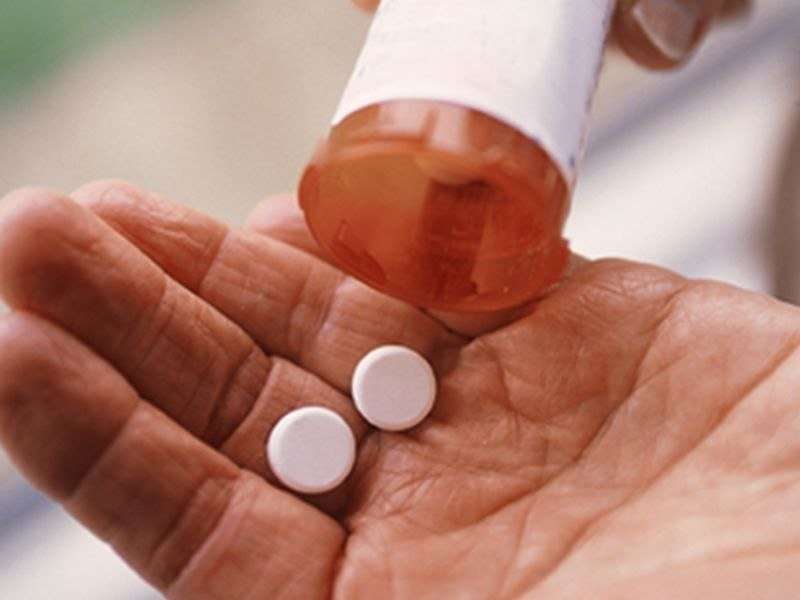(HealthDay)—For an extended duration, reduced-dose direct oral anticoagulants (DOACs) may be as effective as full-dose treatment for preventing recurrent venous thromboembolism (VTE), according to a review published online May 17 in the Journal of Thrombosis and Haemostasis.
Lakshman Vasanthamohan, M.D., from McMaster University in Hamilton, Canada, and colleagues conducted a systematic literature review to identify studies comparing reduced-dose DOACs with full-dose DOACs and aspirin or placebo in the extended phase of VTE treatment.
The researchers found that two trials met pre-specified inclusion criteria (5,847 patients for efficacy outcomes and 5,842 patients for safety outcomes). For preventing recurrent VTE at one year, reduced-dose DOACs were as effective as full-dose treatment (relative risk [RR], 1.12; 95 percent confidence interval [CI], 0.67 to 1.87) and more effective than aspirin or placebo (RR, 0.26; 95 percent CI, 0.14 to 0.46). For reduced-dose DOACs and aspirin or placebo, the risk of major or clinically relevant non-major bleeding events was similar (RR, 1.19; 95 percent CI, 0.81 to 1.77). For reduced- versus full-dose DOACs, there was a trend toward less bleeding (RR, 0.74; 95 percent CI, 0.52 to 1.05).
"Extended-duration treatment of VTE with reduced-dose DOAC may be as efficacious as full-dose treatment, with rates of major bleeding similar to treatment with aspirin or placebo, but further long-term studies are needed," the authors write.
One author disclosed financial ties to the pharmaceutical industry.
More information: Abstract/Full Text (subscription or payment may be required)
Copyright © 2018 HealthDay. All rights reserved.






















